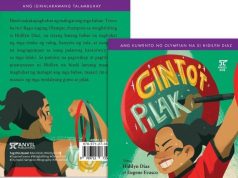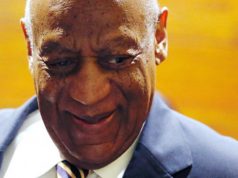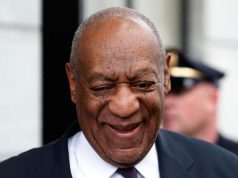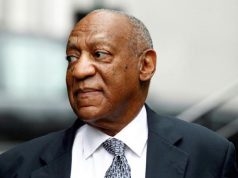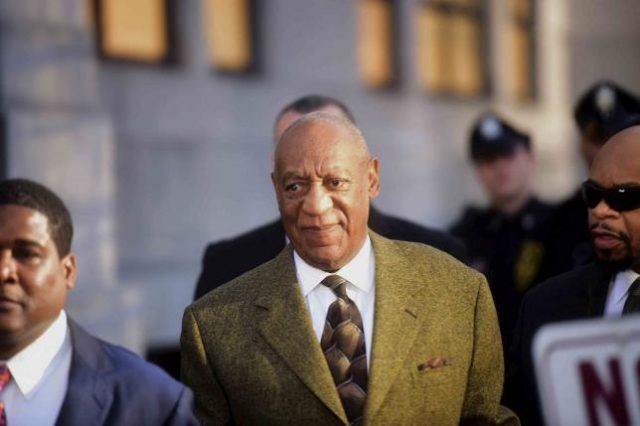
Bill Cosby’s “Little Bill” children’s book series landed on a list of the 10 books Americans most often asked librarians to remove from shelves last year after he faced sex assault charges, according to a ranking released on Monday.
The popular series written by Cosby and illustrated by Varnette Honeywood made its debut in ninth place on the American Library Association’s (ALA) annual list of the books that are most often challenged in U.S. libraries.
“This children’s book series was challenged because of criminal sexual allegations against the author,” the U.S.’s oldest library organization said on its website.
More than 50 women have accused 79-year-old Cosby of sexual assault in a series of alleged attacks dating back to the 1960s. Most of the claims are too old to be the subject of criminal prosecution, but Cosby is due to go on trial in June for charges made in Pennsylvania.
The “Little Bill” series was the subject of some of the 323 challenges to books reported to the ALA’s Office for Intellectual Freedom.
The once-heralded children’s series includes three titles selected by Oprah Winfrey for her influential book club, including “The Meanest Thing to Say,” “The Treasure Hunt” and “The Best Way to Play.”
The most challenged book for 2016 was “This One Summer,” a young adult graphic novel written by Mariko Tamaki and illustrated by Jillian Tamaki. It won two prestigious prizes – a Printz and a Caldecott Honor Award – but was banned from some library shelves because of lesbian, bisexual, gay or transgender characters, profanity and was considered sexually explicit, the ALA said.
Another Cosby book, his autobiography “Childhood”, is the subject of a court battle in his case, with prosecutors seeking to introduce as evidence excerpts which they say show his willingness to use intoxicants to incapacitate women before assaulting them.





